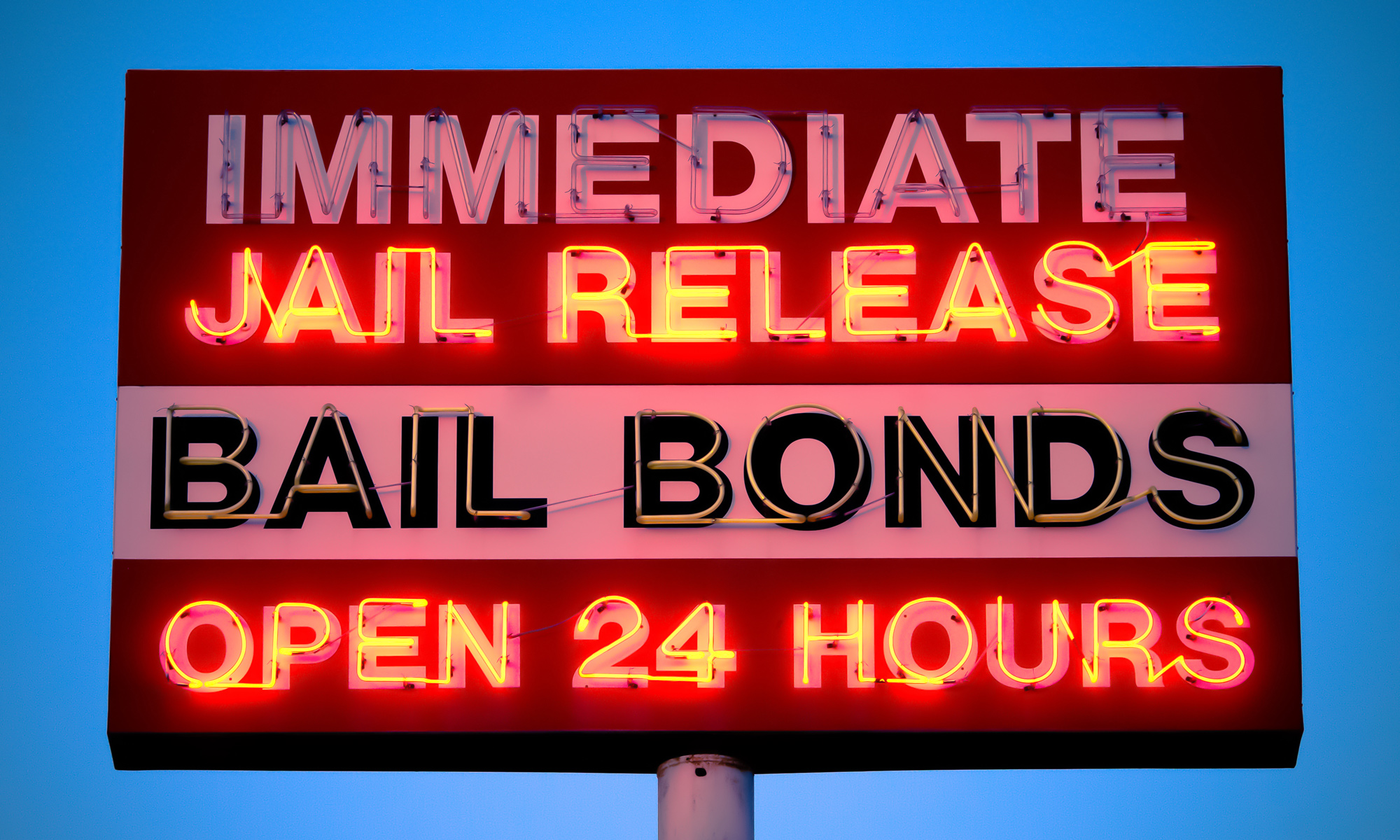Understanding the Bond Bonds Process: What You Required to Know
Browsing the bail bonds process is a necessary aspect of comprehending the wider lawful system for those influenced by an arrest. From the initial stages of figuring out bond quantities to the intricacies of engaging a certified bail bondsman, each step carries significant ramifications.
What Is Bail?
Bail is a legal system that enables a specific charged of a crime to secure their release from custodianship while waiting for test. This process is necessary in stabilizing the legal rights of the implicated with the rate of interests of public security and the judicial system. When an individual is detained, they may be needed to stay in jail up until their court date unless they can post bond, which functions as an economic warranty that they will certainly return for their arranged hearings.
The amount of bail set can differ dramatically based upon numerous aspects, including the seriousness of the alleged offense, the defendant's criminal background, and prospective flight risk. Bond can take numerous types, such as cash, home, or a bail bond offered by a licensed bond bondsman. The last choice allows people to pay a portion of the bail quantity to a bail bondsman, who then thinks obligation for the total bond amount.

Exactly How Is Bail Set?
The process of setting bail involves a number of essential considerations that show the nature of the supposed infraction and the accused's scenarios. Judges evaluate different elements, including the severity of the crime, prior criminal history, trip threat, and connections to the area. Commonly, extra significant costs, such as felonies, might lead to higher bail quantities contrasted to violations.
In lots of jurisdictions, bail schedules provide a guideline for determining bond quantities based on the specific costs. Courts keep discernment to depart from these schedules based on individual situation details. If an accused poses a substantial flight risk or has a background of stopping working to show up in court, a court may establish a higher bond or refute it altogether.
A judge might take into consideration the accused's capacity to pay bail and the prospective influence of bail on their employment and family. Comprehending these variables can assist offenders and their families prepare for the bail setup procedure efficiently.
Function of Bond Bondsmen
When a court sets bail, not all defendants can pay for to pay the total upfront. In such situations, bail bondsmen play a vital duty in the judicial process. Bail Bonds Akron Ohio. A bond bondsman is a certified specialist who offers an economic warranty to the court in support of the offender, permitting them to protect their launch from guardianship while awaiting test
Commonly, the bondsman charges a non-refundable charge, usually a portion of the complete bond amount, which works as their profit for the solution given. This cost differs based on jurisdiction and the bail bondsman's plans. When the charge is paid, the bondsman posts the bond with the court, making it possible for the accused to be launched.
In addition to financial aid, bondsman commonly keep an eye on the accuseds, ensuring they abide by court looks. If the accused stops working to show up, the bondsman deserves to nail them and recoup the bail quantity, Recommended Site minimizing their monetary risk. Therefore, bail bondsmen play an important duty in stabilizing the interests of the judicial system with the needs of people who may not have immediate accessibility to cash bond.
Duties of Co-signers
When helping a defendant in securing a bail bond,Co-signers hold significant obligations. Largely, co-signers are legitimately obligated to make certain that the accused shows up for all scheduled court dates. Failing to do so can cause financial consequences, consisting of the forfeiture of the bail amount. Co-signers need to keep open interaction with the defendant, ensuring they comprehend their commitments and the relevance of attending court.
Furthermore, co-signers are typically in charge of the financial threat connected with the bail bond. If the offender fails to show up, the co-signer might be called for to pay the complete bond quantity, which can be considerable. It is vital for co-signers to examine their monetary ability before accepting this obligation.
Furthermore, co-signers ought to be prepared to provide collateral to safeguard the bail the original source bond. This security can take the kind of property, vehicles, or various other beneficial properties, which might be taken if the defendant does not fulfill their obligations.
The Bail Bonds Refine Actions
Comprehending the responsibilities of co-signers is vital as one browses the bail bonds process. When a person is detained and a bail quantity is established by the court, the process typically starts. If the implicated can not afford to pay the bond directly, they might seek the assistance of a bondsman.
The primary step includes contacting a licensed bond bondsman that will review the circumstance. The co-signer, frequently a relative or friend, have to give personal details and monetary information to demonstrate their capacity to fulfill the bond agreement. When accepted, the co-signer should authorize a contract, which lays out the terms and conditions of the bail bond.
Adhering to the signing, the bail bondsman will certainly post the bail quantity with the court, securing the release of the charged. It is important for the co-signer to recognize that they are financially accountable for the complete bail amount if the implicated falls short to appear in court.
Conclusion
In verdict, browsing the bond bonds process involves recognizing the intricacies of bond, the duty of bail bondsmen, and the obligations of co-signers. By comprehending each element, individuals can make informed choices, promoting a smoother communication with the lawful system and lessening prospective monetary repercussions associated with bond responsibilities.
Bail can take various kinds, such as cash money, property, or a bail bond given by an accredited bail bondsman. The latter alternative enables individuals to pay a percentage of the bond amount to a bail bondsman, that then presumes obligation for the total bond amount.
